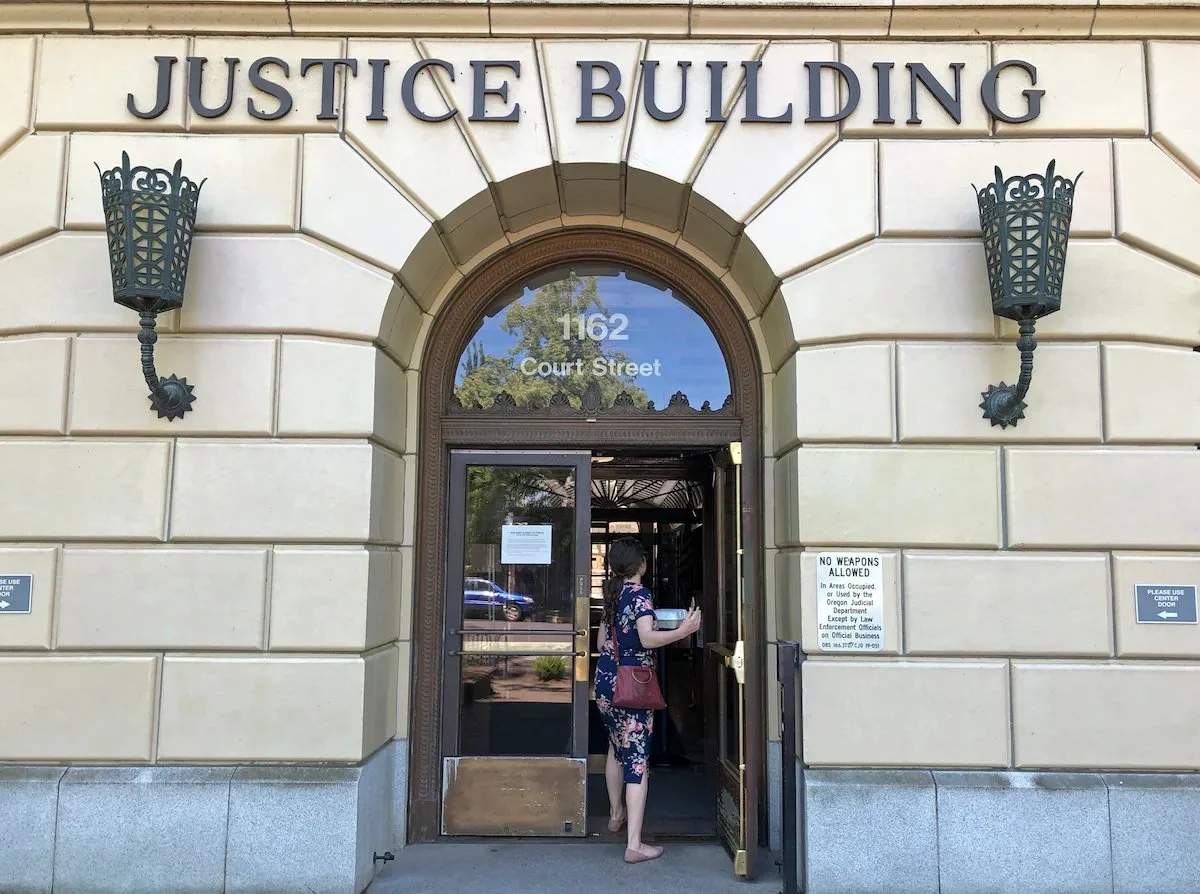Washington Post: Oregon's non-unanimous juries
At least one juror refused to call them guilty. But they’re still in prison. (Washington Post, Oct. 6, 2022)
SALEM, Ore. — Among the 24,000 people incarcerated in Oregon, Eric Russell, Brandon Gillespie and Jacob Watkins are three members of an odd fraternity.
There’s nothing immediately obvious to group the men together. Russell, originally from Portland, is serving the 10th year of a nearly 17-year sentence related to a string of armed robberies. Gillespie, who’s from Jackson County on the California border, has 10 years left on a 27-year sentence for armed robbery. And Watkins, from the middle of the state, is in the final year of a 12-year sentence for sex crimes with a minor.
The common thread is that each was convicted by a divided jury — a situation that, throughout the history of the United States, has only ever been allowed in Oregon and Louisiana. In federal court or in any other state court, a jury that can’t come to a unanimous decision would produce a mistrial.
The U.S. Supreme Court declared split-jury verdicts unconstitutional in 2020, in a ruling known as Ramos v. Louisiana.
Oregon had been allowing split-jury verdicts since 1934, after a Jewish man accused of murder was convicted of a lesser charge because of a single juror holdout. Louisiana enshrined non-unanimous juries in its constitution in 1898, during a convention where the stated purpose was “to establish the supremacy of the white race in the state.”
The Supreme Court ruling left it up to Oregon and Louisiana to figure out what to do with the hundreds of people already in prison for such convictions. On Oct. 21, Louisiana’s Supreme Court ruled against vacating those convictions, leaving the door open for the state legislature to take action. Oregon’s Supreme Court is similarly poised to rule on the issue, in an appeal of Watkins’s conviction that could impact an estimated 250 to 300 other inmates in the state.
If the state Supreme Court sides with Watkins, it would provide the path forward that prisoners and their advocates have fought for — an opportunity to seek new outcomes through the appeals process. Crime victims and their supporters, however, say such defendants should not always get another chance.
Read the full story here.



